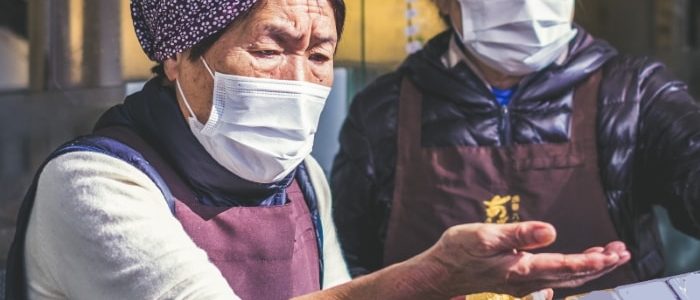Published: August 2020
The COVID-19 pandemic has affected all Indians, particularly vulnerable groups, including women and girls. If evidence from previous disasters and health crises is any indication, women will be disproportionately affected during this pandemic. Within homes, women and girls who already do more than six times unpaid work than men, now shoulder added responsibilities of feeding and caring for children who are not going to schools as well as care work for the elderly, sick or disabled family members.
Outside their homes, shrinking employment opportunities and the resultant loss in bargaining power has compounded the problems faced by women. The decline in decent work opportunities and loss of income can, among other things, lead to a loss of independence, agency, and undo several years of progress achieved through gender-responsive policies. Such losses may also make it more difficult for women to escape situations of domestic violence.
The dangers faced by frontline workers, a majority of whom are women, is another source of worry created by the pandemic. These problems are expected to put additional pressure on the existing ailing economy. Even before the pandemic began, the Indian economy had been beset by falling investment and low growth. Rural India, in particular, had been suffering from agrarian distress which had affected livelihoods significantly.
The disproportionate impact on women and girls calls for more gender-responsive interventions and relief measures. It is becoming increasingly important to expand opportunities for wage employment and enhance food security and nutrition. Evidence shows a clear correlation between food and nutrition insecurity and gender inequalities, with mothers and daughters usually eating last as well as the least nutritious food in Indian households. Therefore, expanding social security benefits, improving access to and availability of employment and decent work opportunities, particularly for women, can help address nutritional and food security challenges during the pandemic.
This analysis, undertaken in collaboration with IWWAGE – Initiative for What Works to Advance Women and Girls in the Economy – explores possible government interventions to advance gender equitable outcomes in the post COVID context.
